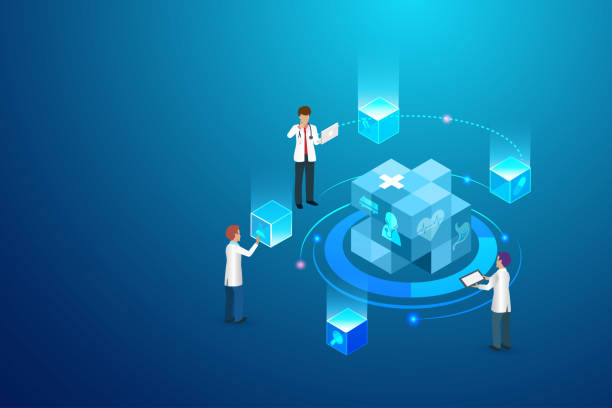In the fast-paced world of healthcare, accuracy, efficiency, and organization are essential. One often-overlooked but crucial part of this system is medical coding. While doctors diagnose and treat patients, medical coders work behind the scenes to translate healthcare services into standardized codes. These codes help in billing, data tracking, research, and much more. But what exactly is the use of medical coding, and why is it so important?
1. Streamlining Healthcare Billing
One of the primary uses of medical coding is to ensure accurate billing between healthcare providers, insurance companies, and patients. Medical coders assign standardized codes to:
-
Diagnoses (ICD codes)
-
Medical procedures (CPT codes)
-
Equipment and services (HCPCS codes)
These codes are used on insurance claims so providers get properly reimbursed. Without medical coding, billing would be chaotic and prone to errors.
2. Ensuring Compliance and Legal Accuracy
Medical coding also plays a key role in ensuring that healthcare providers comply with healthcare laws and regulations, such as:
-
The Health Insurance Portability and Accountability Act (HIPAA)
-
Medicare and Medicaid policies
-
Auditing requirements
Accurate coding helps avoid legal disputes, prevents overbilling or underbilling, and reduces the risk of fraudulent claims.
3. Supporting Clinical Research and Data Analysis
Medical codes are not just for billing—they’re a rich source of data used in public health studies and medical research. Researchers and healthcare institutions use coded data to:
-
Track disease patterns
-
Measure treatment effectiveness
-
Identify public health risks
This data helps shape healthcare policies and improve medical practices.
4. Improving Patient Care and Record Keeping
Medical coding helps maintain organized, detailed, and accessible health records. This ensures:
-
Easy sharing of information among healthcare professionals
-
Faster and more accurate diagnoses
-
Better continuity of care
Coders help translate complex medical terms into universal language, which makes it easier to analyze a patient’s medical history.
5. Reducing Errors and Enhancing Efficiency
With the shift to electronic health records (EHRs), medical coding boosts accuracy and speed. It helps:
-
Avoid misinterpretation of medical terms
-
Reduce documentation errors
-
Speed up the insurance claim process
As a result, hospitals and clinics run more smoothly, and patients experience fewer delays in care or billing.
6. Enabling Career Opportunities and Industry Growth
The demand for certified medical coders is growing rapidly. With the healthcare industry expanding, skilled coders are essential for:
-
Hospitals
-
Clinics
-
Insurance companies
-
Medical research organizations
Medical coding provides a stable, in-demand career path with remote work opportunities and certifications like CPC (Certified Professional Coder) or CCS (Certified Coding Specialist).
Conclusion
Medical coding may operate behind the scenes, but it’s at the heart of modern healthcare operations. From billing and legal compliance to data analysis and patient care, coding connects every aspect of the medical system. As technology advances and healthcare grows more complex, the role of medical coding will only become more critical. It’s the silent engine that keeps the healthcare machine running smoothly.

